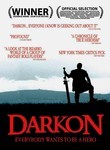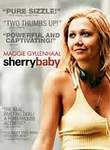Criticism is one of the most important things in an artist’s world, and one of the most painful. Perhaps this is telling of a more sweeping statement?
If you care about someone, and perhaps more succinctly, their ability to create (in whatever medium), it is important to tell the truth. This is not to say that everything that pops into your head should escape your lips; things can be left out. Tact should be exercised. But when an opinion is requested, it should be granted, no matter how unpleasing. Cover it in whatever sexy lingerie you wish, but make sure that the garters don’t cover the scars.
The truth hurts, but that makes it no less necessary.
One method of growth for a creator is to improve on weakness. Said weakness can be self-discovered, if one is fortunate enough to be objective; usually, it can only be pointed out by outsiders, preferably outsiders with inside knowledge. By ignoring deficits, by allowing others to continue unaware of deficits, a disservice is performed to the creator, the creation, and the audience at large.
Often, the best critics are the worst at receiving criticism.
Criticism, even in its most constructive form, is patently subjective, but the trick is in ignoring that long enough to give the harsh words their due attention.
It is frustrating as hell to have a work ripped to shreds by an outsider, no matter how experienced or informed. But I have to imagine that it would be even more frustrating to continue down a pointless path, only to find later that the journey could have been prevented miles back by a few simple words.
Nothing out of the ordinary today. School, work, comics, drinks, bed.
km


